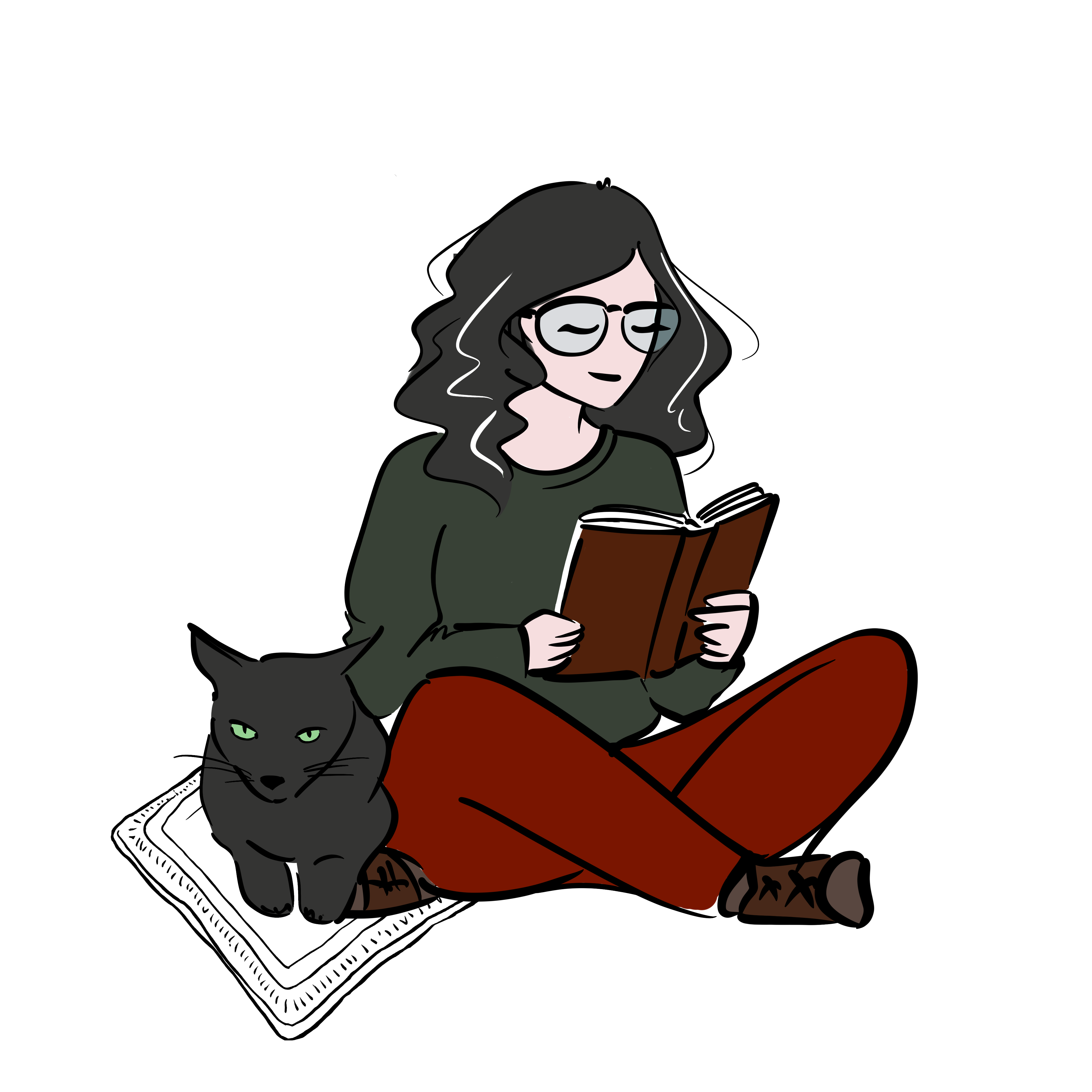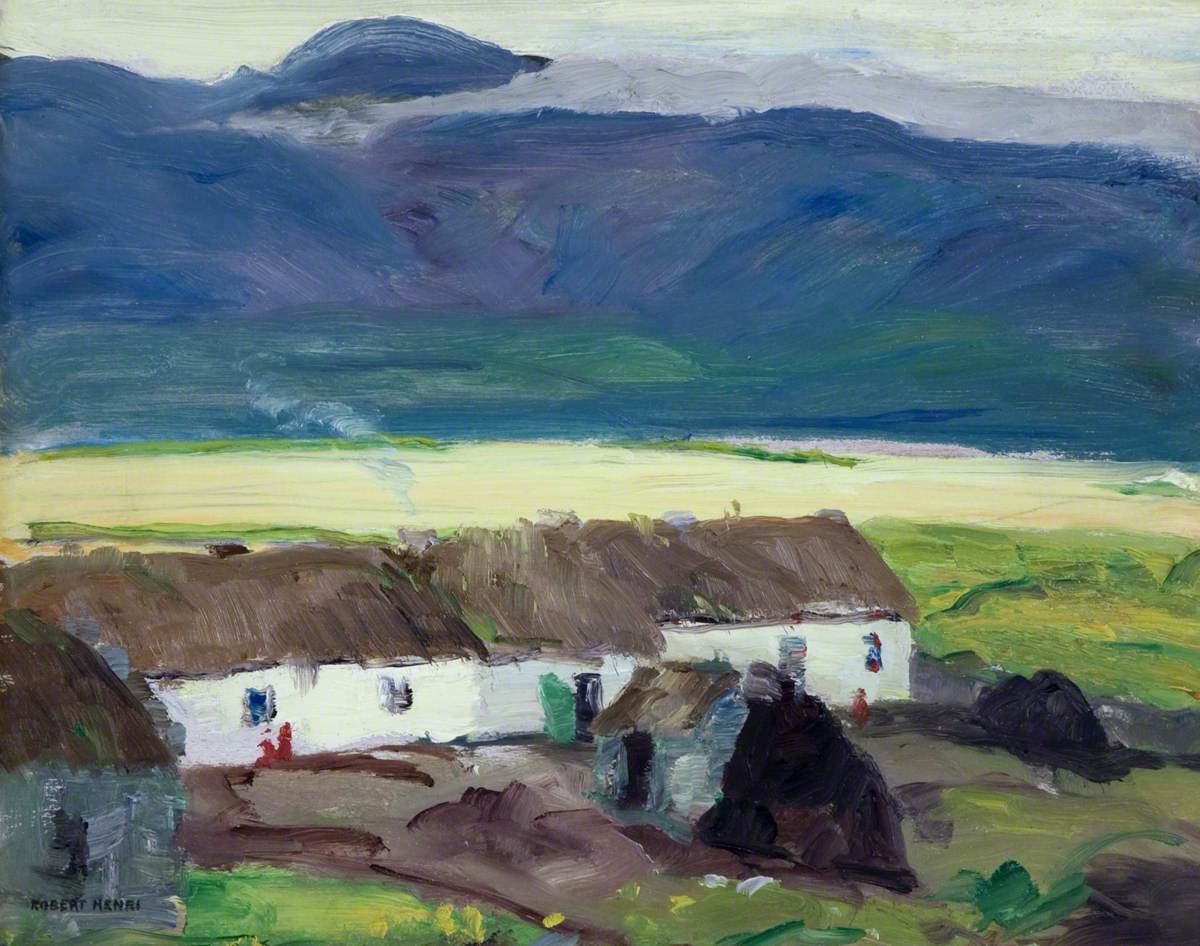This review contains spoilers of Wild Houses.
To my mind, thirteen always seemed like a magic number of chapters for a novel or novella. I suppose that comes from reading The Picture of Dorian Gray at an early age and revisiting it again and again throughout my life, marvelling each time at Oscar Wilde’s mastery of structure. If the modernists were writing think pieces on form and experimentation twenty to thirty years later, it is still in him and in some of his peers that I find the strongest reaction to Victorian verbosity and expansiveness. When I finished Colin Barrett’s Wild Houses, struggling to find the proper words to make sense of my impressions of the Irish Canadian author’s debut novel, I began to wonder if the magic came from how masterfully he structured the thirteen chapters that give shape to his work.
Wild Houses is set in Ballina, County Mayo. I cannot help but think that its small cast of characters would be well suited for a stage adaptation. The plot follows Doll English as he is kidnapped by the Ferdia brothers – Gabe and Sketch – after a house party. The reason Doll has been taken hostage has nothing to do with himself, and everything to do with the fact that his older brother – Cillian – owes thousands of Euros to the Ferdia boys. A local dealer working for the lads, Cillian had lost a stash in a ridiculously tragic natural incident. With Doll’s life on the line, he must now come up with the money he owes them in only a few days.
In his review of the novel for The Guardian, Keiran Godard highlights Barrett’s “impressive lightness of touch” in his exploration of proleptic plotting. The comparison with the thriller makes sense; it is nearly impossible to put down Wild Houses before making sense of not only the reasoning behind the kidnapping, but also of the backstories of characters and relationships that form the emotional landscape of the novel.
Wild Houses is an exploration of loneliness, isolation, trauma, and love. The complicated family dynamics of the English family is fascinating in itself. Besides the brothers, it also includes their migraine-prone mother, Sheila, and the remarkable absence of their father, who left them without a word. Sheila is perhaps the most engaging and surprising character; at times vulnerable, at others cold and calculating, but also almost primal in her instinct to protect her children, even while being harshly critical of Cillian. Running adjacent, but also at a crossroads with them is Nicky, another well-rounded, complicated character. Doll’s girlfriend is dragged into the main conflict not only by her obvious emotional closeness to it, but also because the men around her turn her into a mediator of sorts.
When Nicky cannot find Doll at the party and is forced to leave on her own, she assumes he is sulking due to an argument they had hours before. While she finds it strange that he is not back the next morning, she does not notice his prolonged absence until the Ferdias corner her in her workplace to communicate the demands she must pass on to Cillian. In many ways, Nicky’s internal journey hinges on learning and accepting the fact that she will soon outgrow that place, that relationship, and that the affection she feels for Doll is not at all what she would call love. To protect himself, Cillian also insists that she must present when he meets the Ferdias. There are disappointing men everywhere; Nicky is plagued by a boss at the Pearl Hotel and Bar who constantly making her feel uncomfortable. Having lost both parents early, she feels detached as she realises that adulthood is coming soon. Nicky occupies a liminal space throughout the many crises that punctuate the plot, standing nearly, but not quite, outside of the story itself. Similar to an all-knowing narrator, Nicky can clearly already tell us of a future where Doll himself will be not much more than a memory, though she chooses not to. This sense of isolation is something she has in common with Dev, even as they stand at the opposite ends of the story.
It has been argued that what Nicky and Dev share lies in their positions as observers rather than participants in the main plot; I would respectfully disagree. Both work separately but in tandem towards the same end – keeping Doll alive; setting him free unharmed without feeding into a cycle of violent action – and while their stances might seem deceptively placid, this is only so because violence seems to be the only valid currency in the Ferdias performance throughout. In the process of obtaining the money to free his brother, Cillian robs the Pearl, sending Nicky’s boss to the hospital. While she is complicit in the action – engineered by Sheila, executed by her son – Nicky seeks to avoid confrontation at all times. Meanwhile, it is in Dev’s rural home that the Ferdias keep Doll, who spends large amounts of time handcuffed in the basement. Violence seems to be always on the verge of exploding among the short-tempered young men.
Seen by their small town as an eccentric recluse, Dev’s introspection is misunderstood by most. Suffering from the grief of having recently lost his mother, he shares a home with Georgie, a dog that soon grows attached to Doll. Through his reminiscences, we learn that Dev had been severely, physically bullied at school and that even his friends began to avoid him, moved not only by the risk of becoming targets themselves, but because the tall boy’s refusal to fight back seemed like an embarrassment. Though he was bigger, stronger than the boys who targeted him, he never defended himself through counter aggression. Contrasted to bullies and to the Ferdias, Dev’s refusal to perform masculinity through violence marks him as other. To refuse it, however, is not the same as being an observer. To Judith Butler, violence stems from the failure to recognise the inherent vulnerability and interconnectedness of all people. Thus, non-violence requires an acknowledgment of this shared precariousness and the responsibility we have to safeguard each other’s lives. Dev is regarded as a loyal asset by the Ferdias, having never failed them before. His home is convenient in its isolation; he is trustworthy is his unwillingness to speak out. When the boys come close to killing Doll, however, Dev interferes, physically pulling him out of their grasp, keeping English from drowning. His most significant, defiant act is one to defend life, to reject violence’s ultimate power.
Constructs of Irish masculinity have been shaped by the country’s history and struggles; built around physical strength and fitness, stoicism and loyalty to family and community, these ideas have found various embodiments, from the working-class labourer to the nationalist freedom fighter, with Dev subverting in a quite direct way the figure of the rural farmer. Such clichés are, of course, problematic and have often been challenged in the Irish novel. Barrett’s response to them comes by having the novel’s strongest male character also being its most vulnerable, one that is melancholic in his loneliness, but also implacable in his refusal to face life as mere performance. Non-violence should not be equated with inaction. For Dev, it is a way of resisting the local currencies of power. For Nicky, it is a way of surviving life while being aware of its precariousness, looking forward to a time when not choosing violence does not seem like a radical choice.
Wild Houses was longlisted for the 2024 Booker Prize; it should have been at least awarded a place in the shortlist. It has been one of my favourite reads of this year so far and the audiobook, read by Damian Gildea, is a delight. Barrett is an accomplished short story writer. His collections include Young Skins (2013) and Homesickness (2022).


2 responses
gostei muito da resenha, e do romance
merecia mesmo estar na shortlist do Booker
os personagens do livro são muito bem construídos, Dev e Nick criando uma relação especial com o leitor
Obrigada, Luiz!